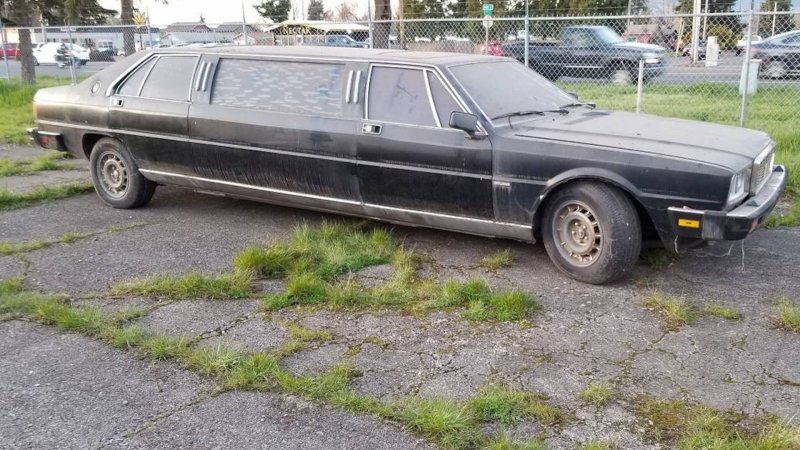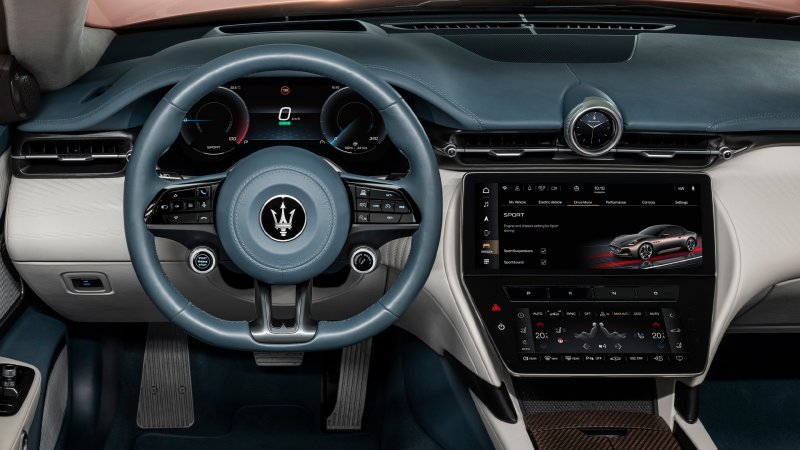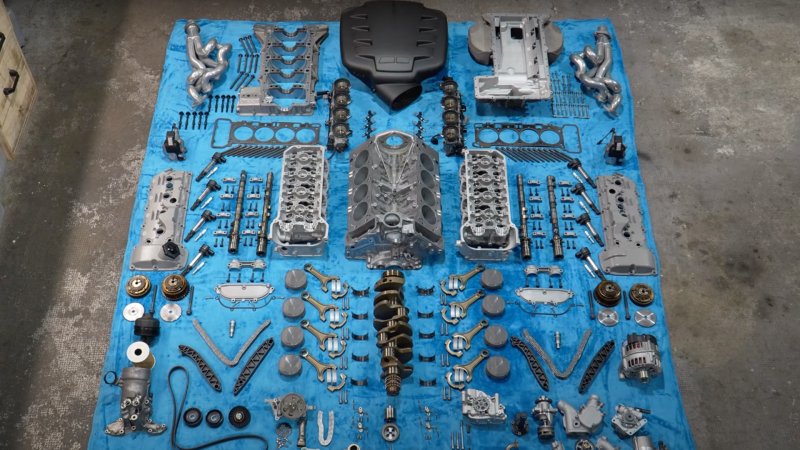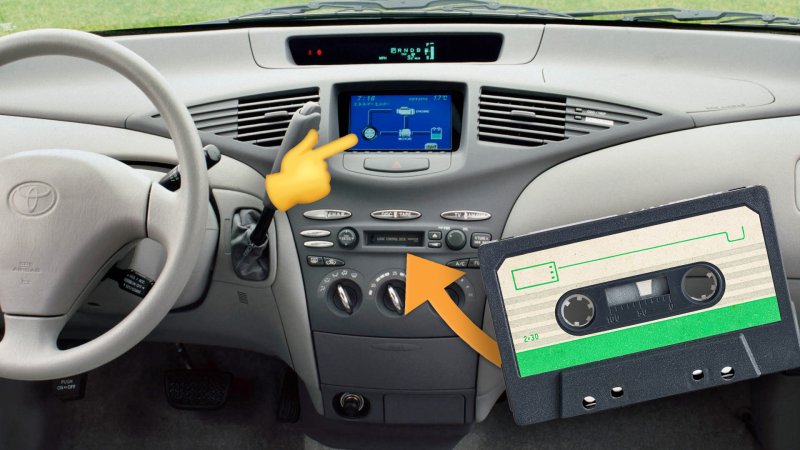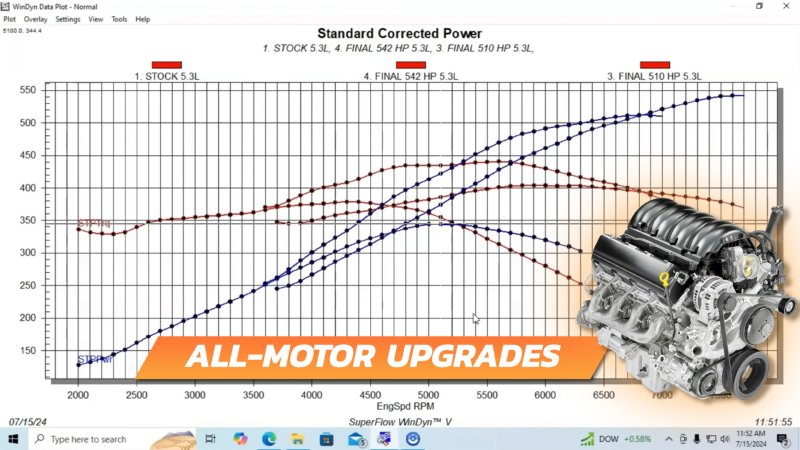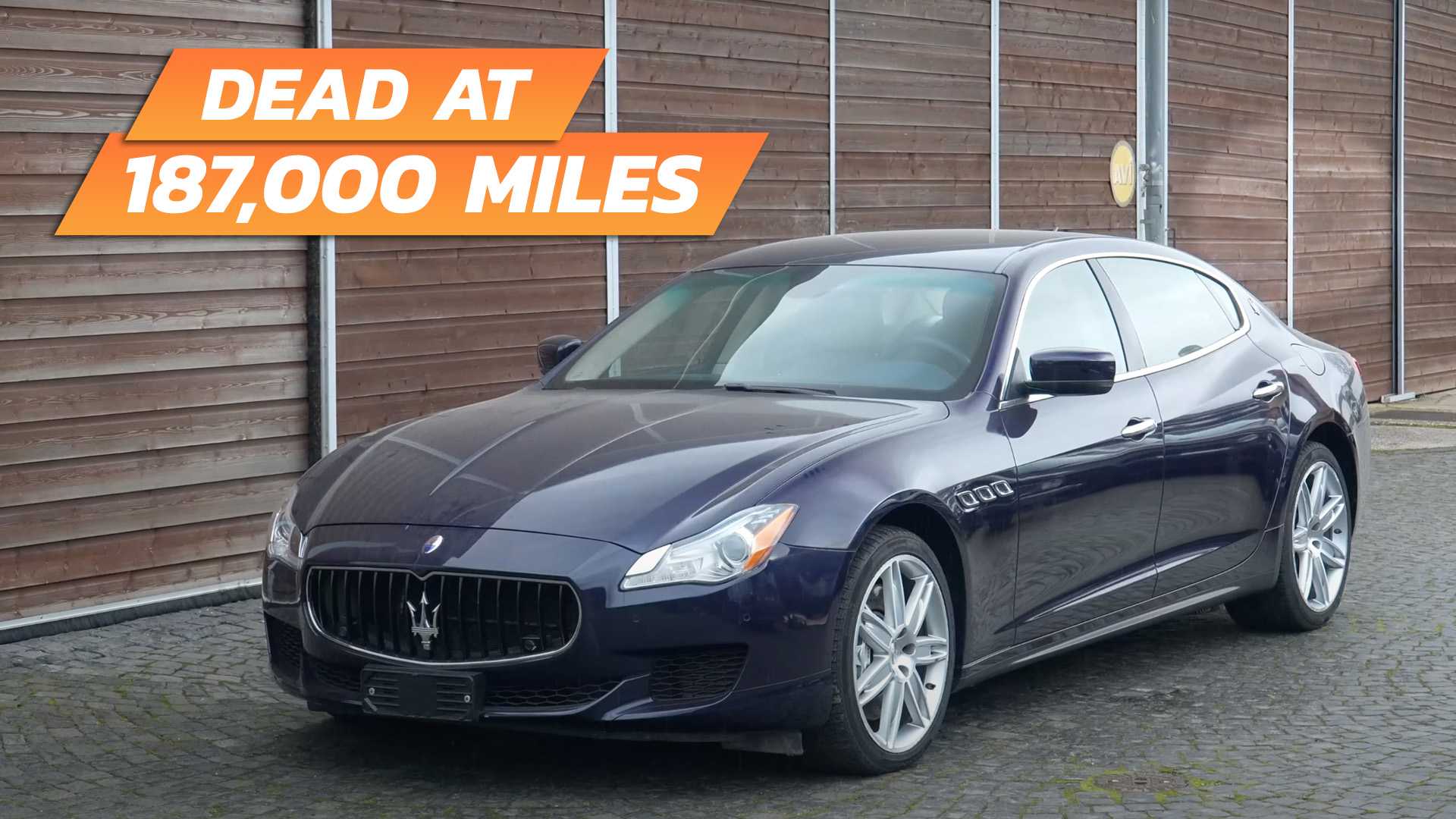

By most automotive standards, 187,000 miles is a lot for an engine. But also, not really. I’ve owned three cars with more mileage, one of which was my E36 BMW 3 Series that hit 248,000 miles before it finally went to the junkyard in the sky. However, for YouTuber Sreten’s 2013 Maserati Quattroporte, 187,000 miles proved to be too much.
If you follow Sreten’s channel M539 Restorations, you’d know that he mostly rebuilds older BMWs, restoring them from junkyard projects to pristine daily drivers. However, he recently decided to undertake a very different challenge—restoring a high-mileage Quattroporte with various engine issues. While engine rebuilds aren’t new to Sreten, his familiarity is with BMW engines, so the Maserati presented a new challenge and something fun to dig into.
Through several videos, the Quattroporte’s twin-turbo V8 proved to be mostly a pain to work on. However, with the help of a service manual and some can-do attitude, he was able to fix its timing issues, replace its turbochargers, and ultimately get the Ferrari-powered Maserati running perfectly again. Unfortunately, not for very long.


The car threw out a low oil pressure warning during the first drive after completing the partial engine rebuild. However, after checking the pressure, everything seemed fine. So he replaced the oil pressure sensor and that seemed to fix the issue, albeit briefly. Less than 20 miles later, the Maserati’s powerful V8 made an all too familiar, heart-sinking noise—rod knock. It’s the unmistakable sound of an engine dying and one that no car owner ever wants to hear, especially after putting half a year’s worth of work into rebuilding it.
Being the curious YouTuber that he is, though, Sreten immediately began tearing the engine apart to find out what went wrong, and what he found wasn’t surprising. One of the rod bearings failed and another was very close to failure. While the exact reason for rod bearing failure isn’t clear, potentially being starved of oil or maybe just cheap bearings, it’s clear that Maserati’s connecting rods aren’t up to the task of handling 530 horsepower for nearly 200,000 miles. After inspecting the connecting rods, he learned that they’re cast, rather than forged, which is less than ideal in an engine with so much power. Among the myriad of other head-scratching decisions found in the Quattroporte’s engine, using cast connecting rods seems like a biggie.
Let Sreten’s painful experience be a lesson to anyone interested in buying a high-mileage Quattroporte.

Got tips? Send ’em to tips@thedrive.com

